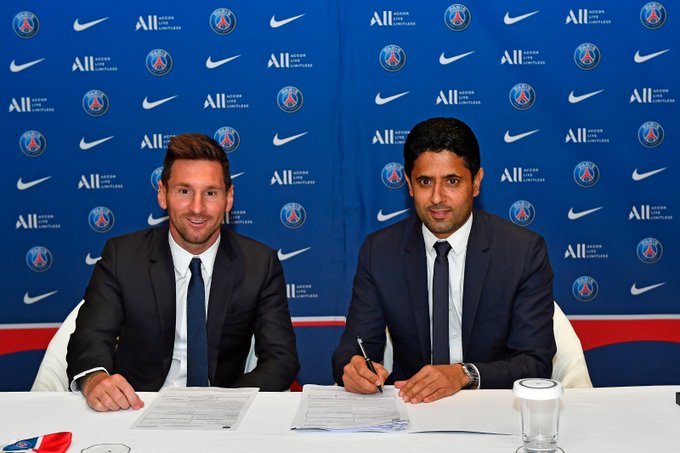Football’s Cultural Mosaic: A Critique of Eurocentrism
Former imperial powers often wield a considerable influence within global sports bodies, their fingerprints evident in the very fabric of international football’s structure and administration. The manner in which football is marketed and consumed on a global scale serves as a poignant reminder of colonialism’s enduring legacy. The spotlight often fixates on European athletes and competitions, casting a shadow over non-Western sports and talents, perpetuating the notion that excellence in athletics resides predominantly within European prowess. Football’s Cultural Mosaic: A Critique of Eurocentrism
Ever pondered the persistent Eurocentric flavor of global sports? Do the puppet strings of colonial legacy still guide the game? How far into the future will we auction our focus, time, and zeal to these modern colonizers? Amidst football’s façade of separation, its dance with politics is an open secret.
Peek into the ranks of European football clubs and you’ll unearth stories of colonial yore. Let the astute minds dissect the lineages of players and unearth connections that span across continents. Embark on a journey through players’ origins, trace back to ancestral homelands, and uncover the echoes of colonial footprints in Africa, Latin America, and beyond. In this exploration lies the tapestry of colonial heritage, migration’s dance, and how they’ve woven the fabric of European club football.
Europe has developed an export in football that no other continent or country can match. The Champions League final is the most-watched football event outside of the World Cup. Since the Premier League and La Liga are the most-watched club competitions, it is obvious that football is primarily a European sport. When considering the game financially, the same holds. Eurocentrism in football leads to a warped perception of the game to where leagues, players, managers and even investors from other continents are often scrutinised, underappreciated and sometimes racially abused.

The decision to hold the 2022 World Cup in Qatar sparked intense debate among players in the European game. Along with doing this, they also invest money from their oil wealth in PSG. Rumours that the state had bribed FIFA officials to get those World Cup hosting privileges infuriated critics of both Qatar and this ownership model once more. Of course, this is morally dubious and has nothing to do with the idealised clean and fair game. But blaming Qatar for tainting football’s integrity betrays hypocrisy and a lack of understanding of how the European game evolved into what it is today. The most shaky foundations were used to establish European football.
With time, colonization changed into globalization as goods outside the game became commodities. Nowadays, travelling to another nation without seeing someone sporting a prominent European club’s jersey is nearly difficult. Despite this, I can’t recall ever choosing a Mohun Bagan or East Bengal shirt in England. Even at one point, donning a United shirt was considered hipster attire. The only way that globalization can be effective is by imposing Western European culture on the rest of the globe.

Furthermore, it disparages anyone who competes in club football outside of Europe. It is a horribly narrow-minded view of what football success is to think that a player’s value is determined by how many Premier Leagues and Champions Leagues they win. As a result, Europe can quickly snare the best players from around the globe, lowering the calibre of the leagues from which they originate. That circumstance contributes to investors’ lack of confidence in infusing capital locally, leaving us with the Saudi scenario.
People often point to declining “purity” as the justification for their opposition to foreign investment and involvement from countries like Saudi Arabia. Still, I find it to be ridiculous given the more than dubious actions taken by Europe to establish itself as the status quo.

Competitiveness as a whole would soar because, by nature, Eurocentrism thrives when it is suppressed. The “top five European leagues” would no longer exist, and the playing field would become more level. It is possible for players in any league to feel as though they are competing at the top level and on the world stage, so situations like Neymar being pursued by European superclubs at an absurdly young age do not occur. For players of colour, it means they won’t have to face harsh criticism from the media in a nation that values their league more highly.
Discover more from
Subscribe to get the latest posts sent to your email.


